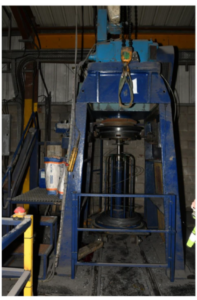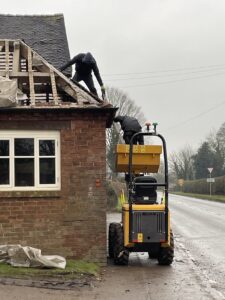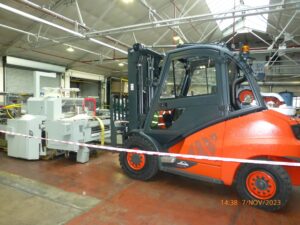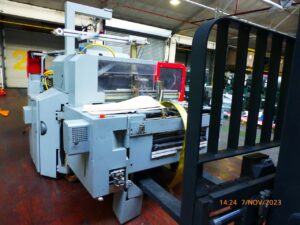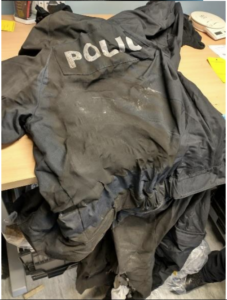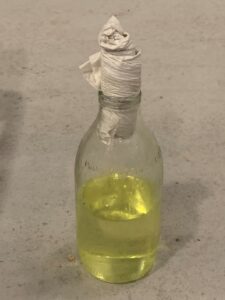HSE inspections tackling exposure to flour dust in bakeries
The Health and Safety Executive (HSE) is carrying out a series of inspections at large bakeries across Great Britain from January 2026.
Inspectors will check that employers are properly protecting workers from the dangers of dusty ingredients including flour dust.
Exposure to certain dusty ingredients can lead to occupational asthma, a serious and potentially life-changing condition, with flour dust being one of the most common causes of occupational asthma in Great Britain. Exposure to other dusty ingredients, such as bread improver enzymes, can also cause respiratory sensitisation.
Dust can cause the airways to become hypersensitive. Once a worker becomes sensitised, even small amounts of dust can trigger asthma symptoms, and in many cases the condition is irreversible.
The danger for workers in bakeries is that dust generated from flour and other ingredients can linger in the atmosphere if it is not properly controlled, and many common tasks are high-risk, including dusting flour during dough handling, tipping and dispensing dry ingredients, and cleaning up flour spills.
Employers must follow the hierarchy of controls under the Control of Substances Hazardous to Health Regulations (COSHH), and HSE inspectors will assess bakeries’ compliance with COSHH regulations, focusing on whether employers have correctly considered their measures for managing risk in order of effectiveness:
- Eliminating dusty processes (such as using non-stick belts instead of flour as a lubricant, or using sensors to stop flour dusters when products are not present)
- Substituting dusty ingredients with alternatives (such as low-dust flour or liquid/gel-based ingredients)
- Engineering controls like local exhaust ventilation
- Respiratory protective equipment as a last resort
Inspectors will also check that employers have health surveillance in place for workers exposed to dusty ingredients.
Mike Calcutt, Deputy Director in HSE’s Engagement and Policy Division, said: “Too many workers in bakeries are suffering from unnecessary exposure to dusty ingredients including flour. When employers prevent exposure, the risk of asthma is removed. That’s the key principle we want bakeries to apply.
“It may be possible to reduce the risk with ventilation or protective equipment, but these controls should not be selected where elimination and substitution would be effective. I urge employers to carefully consider dusty processes, eliminating risk and substituting to prevent exposure by weighing the long-term benefits in sustaining prevention against the true cost of ill-health and using controls lower in the hierarchy.”
HSE has seen the benefits of correct application of the hierarchy of controls in previous inspections, when a large bakery transformed its approach. The company assessed its use of flour nationally and trialled low-dust flours and dust suppressants, which dramatically reduced dust exposure, reducing the risk to workers. By focusing on eliminating and substituting flour in the first instance, the company was able to implement fewer mechanical controls and reduce the time and cost needed to extract dust from the atmosphere.
HSE has well-established guidance on controlling flour dust in bakeries available at hse.gov.uk.
Low-dust flour is now an established standard, and the Federation of Bakers’ Blue Book provides industry-specific guidance on dust control and health surveillance. Employers are encouraged to review these resources and ensure their control measures meet the required standards.
Notes to editors:
- The Health and Safety Executive (HSE) is Britain’s national regulator for workplace health and safety.
- The Federation of Bakers’ Blue Book provides industry guidance on dust control and health surveillance.
- Common dusty tasks in bakeries include dusting flour during dough handling, hand application of flour at conveyor belts and rollers, flour bag tipping, weighing out ingredients, sack disposal, and cleaning up.
- Flour spills should never be cleaned using dry sweeping or compressed air. An industrial vacuum cleaner (minimum M class) or wet cleaning methods should be used.
